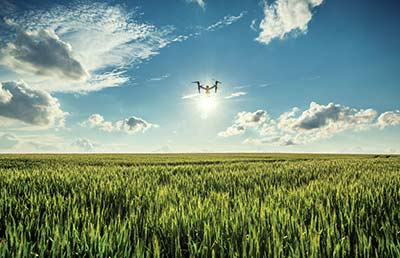Excess Fertility – Is it Fully Deductible?

Many farmers are able to spread manure on their cropland over many years. This excess fertility has value when you purchase farmland and the value of the “excess” is allowed to be deducted, usually over about 3 years.
In order to properly document this deduction, you should get an agronomist to workup the value of the excess fertility. All land has a normal amount of fertility in it when purchased. We are only discussing the “excess” amount. That is the amount that can be amortized.
However, just because you get a report from an agronomist indicating a certain value, the actual deduction may be lower, and it may be materially lower. Remember that we have two values in this land transaction. We have the actual land value and the excess fertility value and if the value of these two amounts exceeds the purchase price of the land, then an allocation of each item will be based on the representative fair market value of each item. Here is an example:
Alexis purchases land in Iowa for $7,500. An agronomist indicates the value of the excess fertility is $3,500 (we have seen it this high). However, comparable land in the area that has had no manure ever applied to it and has no excess fertility can be purchased for $6,500. Excess fertility of $3,500 plus land with no excess fertility of $6,500 = $10,000. This means that land represents 65% of the total components and the excess fertility represents 35%. Actual purchase of $7,500 multiplied by 35% = $2,625. Even though Alexis obtained a report showing a value of $3,500 per acre, she must reduce the value based on the FMV of the land and fertility and only deduct $2,625 per acre.
If the purchase price was $17,500 and comparable land with no excess fertility was priced at $14,000 or less, then the full $3,500 could be used.
Paul Neiffer is a certified public accountant and business advisor specializing in income taxation, accounting services, and succession planning for farmers and agribusiness processors. Paul is a principal with CliftonLarsonAllen in Walla Walla, Washington, as well as a regular speaker at national conferences and contributor at agweb.com. Raised on a farm in central Washington, he has been immersed in the ag industry his entire life, including the last 30 years professionally. Paul and his wife purchase an 180 acre ranch in 2016 and enjoy keeping it full of animals.

Question on money received from Summit Carbon Solutions…. would this money be taxable to a farmer and if so would it be ordinary income or Schedule F income